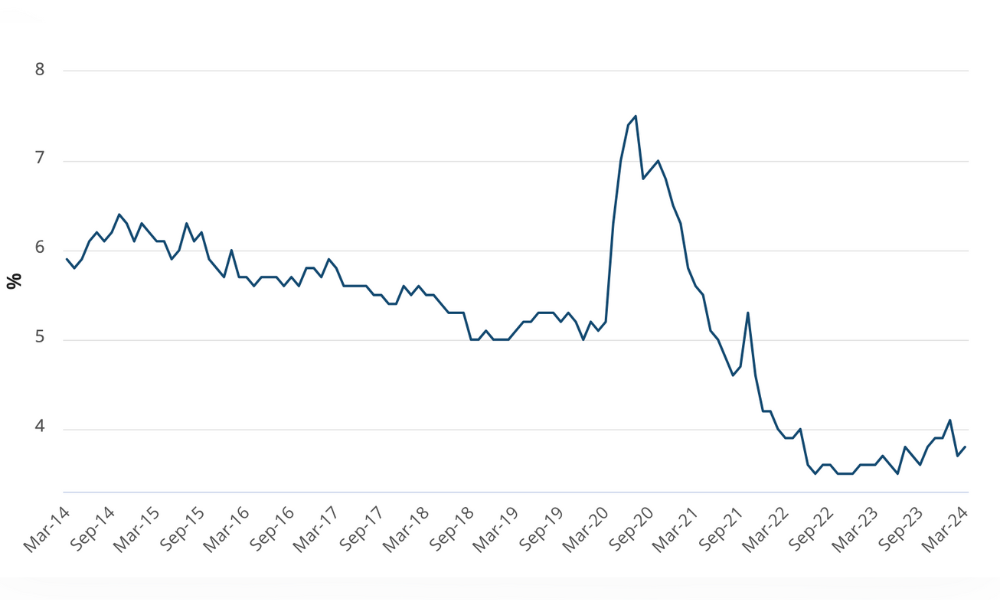For the first time in six years, the salary gap between the mining and resource sectors and other industry sectors has lessened according to new survey results.
.jpg) For the first time in six years, the salary gap between the mining and resource sectors and other industry sectors has lessened according to new survey results.
For the first time in six years, the salary gap between the mining and resource sectors and other industry sectors has lessened according to new survey results.
According to research from search and recruitment firm Safesearch, salaries for safety professionals in the mining and resource sectors has softened somewhat, while at the same time the professional services, consulting and retail sectors has demonstrated growth in remuneration levels among senior safety positions.
In light of the harmonisation of workplace safety laws, many organisations have ramped up their headcount of permanent on-site safety professionals. While it has been difficult to entice safety professionals to the services, consulting and retail sectors, greater salary convergence across sectors will likely make HR’s job easier to attract and retain talent.
Managing director of Safesearch, Julie Honore, said the most likely reason for the salary shift is the result of pressure on professional services, consulting and retail sectors to retain top talent, which they have been losing to major capital projects in the resource and mining sectors. “The decrease in salaries across the mining and resource sectors is likely related to a both a more tempered approach in this sector, and a settling effect as during the boom many resource companies were forced to take people from other industry sectors. This has addressed, to an extent, the severe shortages being felt in prior years.”
In addition, it appears that companies are now being more strategic in their approach to enticing safety professionals, namely by putting an emphasis on their HR and employee branding strategies rather than simply throwing more and more money at the problem. “We have observed a trend in major resource companies where more focus is being placed on retaining top safety talent. Resource companies are attempting to retain and attract top talent through increased flexibility, such as the use of more attractive rosters and onsite facilities for FIFO.”
As remuneration levels across industry sectors converge, other sectors will need to follow the lead of this sector and focus on extending and enhancing their employee value proposition in order to be competitive in the market for safety talent, Honore commented.








